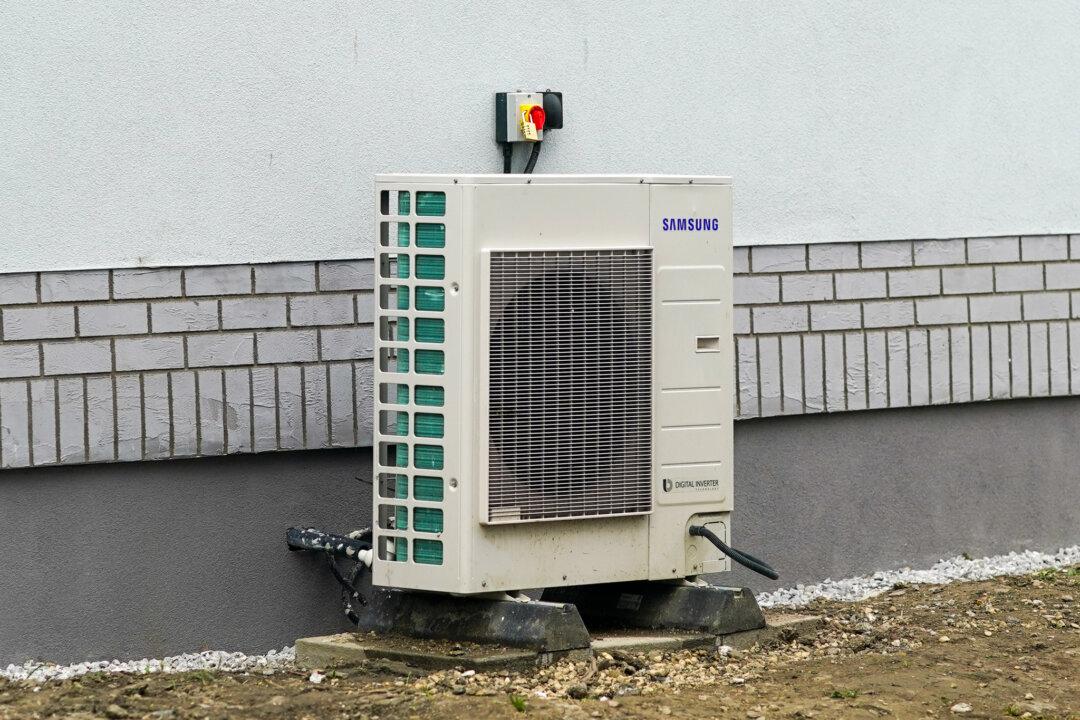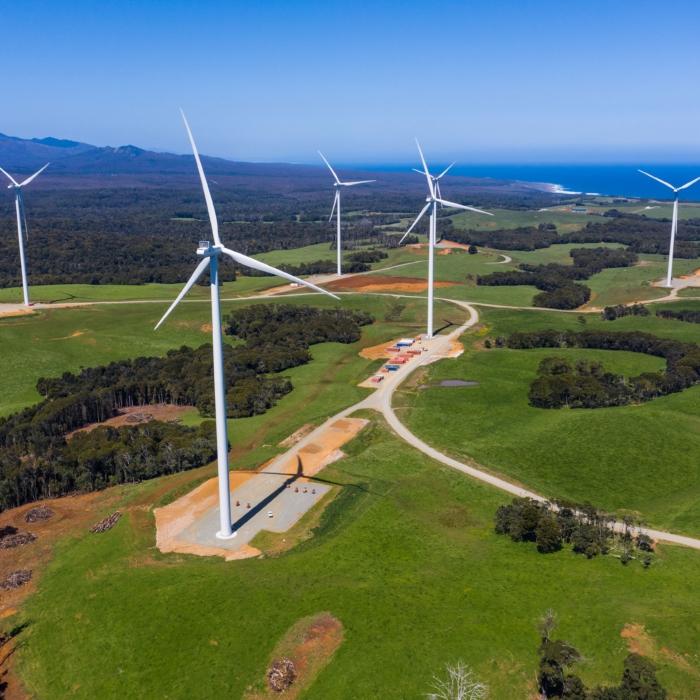Gas engineers are reluctant to retrain as heat pump installers because of the complexity of installation and the fear of callbacks to properties for malfunctioning systems, a gas engineers professional has told MPs.
Mark Crowther, a fellow at the Institution of Gas Engineers and Managers, told the Energy Security and Net Zero Committee on Wednesday that in his experience, engineers are reluctant to move into heat pump installation, in part because current gas engineering work is more stable.
He said engineers are focusing on maintaining their gas engineering registration because “that enables you to earn good money day in day out, changing condensing boilers or doing landlord certificates.”
“In terms of getting more training in the greener technologies, it’s a matter of market pull,” he said, explaining that whereas a gas engineer could make money installing two condensing boilers in one day, heat pumps require more time in speculative work.
‘It’s Just High Risk’
Mr. Crowther also said that engineers considered heat pump installation to be “high risk” because of the number of callbacks on heat pump installations and “the simple complexity of heat pumps installation.”He said the industry was “awash” with anecdotes from installation professionals who said they had to return to installation sites because “it didn’t work very well,” and that these failed installations caused engineers to fear bad customer reviews.
“They’re frightened of their Trustpilot ratings. It’s just a high risk. Why would you try to push a heat pump when you can make good money banging out condensing boilers?” he said.
More Skills Required for Heat Pump Installation
Mr. Crowther also told the committee that “you have to be more skilled as an installer” because an engineer needs to make more assessments when installing, as well as taking into account making room for new equipment.“You’ve got to have space for a buffer tank. You’ve got to have space for the domestic hot water tank. The householder is used to a combi, whereby they got, you know, limitless hot water and they’re suddenly going to a domestic hot water tank which they’re going to find room for,” he said.
“Certainly the off-the-shelf qualifications which you can do in some colleges for a heat pump will not give you those additional design skills because of the difficult balances there are between ‘do I have a buffer tank? How big is domestic hot water tank? Do I fit TRVs [thermostatic radiator vales]? Do I not fit TRVs?’
“All of which requires the installers to take judgments about which the householder can come back and will complain if they want to. Hence, the issues about the anecdotal poor installations. The answers there are very difficult, because that will cost the consumer additional money. And if they won’t pay, then you don’t get the optimum solution,” he explained.
He said that his organisation “just [doesn’t] see this call” for gas engineers retraining into heat pump installation, but said he believes that there are “green enthusiasts” who will seek out training and the transition into heat pump installation.
‘Confusing’ Landscape for Consumers
In January, energy adviser at Energy Systems Catapult, Fay Holland, told the Energy Security and Net Zero Committee that the landscape for people looking for advice on heat pumps was “confusing,” calling for access to “good quality retrofit advice” for households considering installing a heat pump or getting insulation for their property.Member of the Local Government Association, Paula Widdowson, told the committee that even with the government’s grant scheme in place, installing a heat pump was still quite expensive.
Ms. Widdowson called for “serious government support” for consumers, saying: “Because if you know that you can get a gas boiler for £2,000 and you know how it works and it’s worked for the whole of your lifetime, and then we’re asking people to change to a technology that they’re not familiar with, that is going to cost seven times as much. That’s where the incentives need to go in.”







